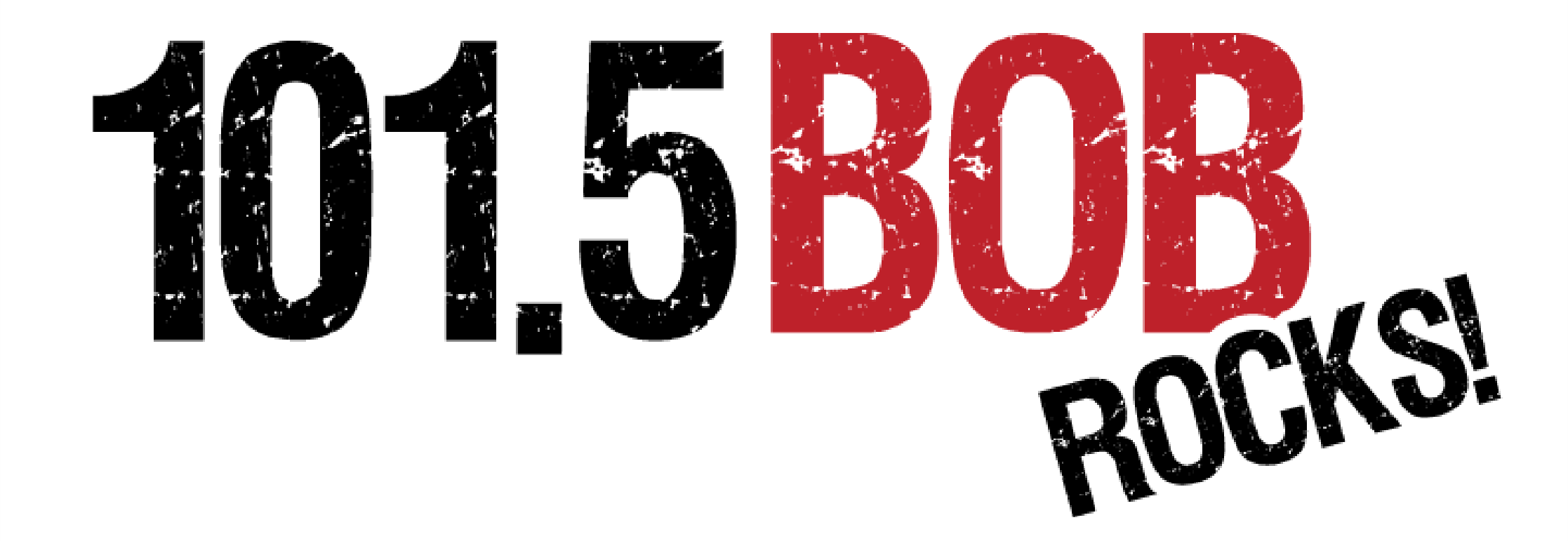
All right, so the snow showed up, and it was rather underwhelming – knock on wood. I want to stress that I’m not complaining (for a change); it’s just interesting to me when things like this happen. A potential mountain of snow is forecast, but fails to materialize, at least in my neck of the woods. I do understand that the snowfall and ice effects were greater in some areas.
People love to say snarky things like, “I’d love to be a meteorologist… they get paid for being wrong most of the time.” This, of course, is true only in the most literal sense. Yes, meteorologists are not compensated based on the accuracy of their forecasts. Why should they be? All they’re telling you is what might happen, based on current conditions, radar and satellite data, and historical comparisons. They’re not mediums, you know? They’re not Nostradamus, making predictions of future events. And for that matter, even fortune tellers don’t get paid based on their success rate. No, they’re smart enough to charge up front.
So maybe cut the weather people some slack? They’re not pulling their predictions out of thin air. They’re not weaving them out of whole cloth. There is a method to their work, and it is something they have to study to be able to do. They’re required to hold at least a Bachelor’s degree, and it involves quite a bit of science.
I guess what I’m getting at is this: if the forecast doesn’t come to pass, it’s not because the weather person was wrong; it’s because the conditions changed. People do not have the power to control the weather. If they did we’d never have another rainout at the ball park. Which reminds me, if you want to know someone who gets paid for failing most of the time, Major League Baseball players are the poster children for this. If a hitter gets a .300 batting average he’s considered very good. This means he fails 70% of the time. The greatest hitter of all time, Ted Williams, managed to hit over .400 for a season exactly one time, in 1941, a feat that hasn’t been duplicated since, not even in the so-called Steroid Era of the late 90s.
Of course, focusing in myopically on the fact that a great hitter fails 70% of the time totally ignores the fact that hitting a ball thrown by a major league pitcher even once is a difficult enough feat to manage. And a good major league hitter will average around one hundred hits per season. So maybe when it comes to weather forecasters we’re looking in the wrong direction. Even when a forecast doesn’t literally come to pass, we usually can derive enough useful information from it to plan our days around, can we not?
Just something to think about.
P.S. I still really hate snow. Just saying.
LOL, Just saying, see what I did there?












